Pakistan’s Nukes: Another Side of the Story
Via e-mail Mansoor Ijaz called my attention to a piece he’d recently published in CSM:
My father, Dr. Mujaddid Ahmed Ijaz, was an early pioneer in Pakistan’s “Atoms for Peace” cooperative nuclear program with the US during the late 1960s. <***> On Jan. 20, 1972, my father (then a tenured physicist at Virginia Tech and senior research scientist at the Oak Ridge National Labs in Tennessee), along with 300 of Pakistan’s best nuclear physicists and engineers had been summoned home from around the world by Prime Minister Zulfikar Ali Bhutto. They came to a rural Pakistani town where Bhutto ordered them to “build me a bomb.” He vowed to “eat grass,” if necessary, to make Pakistan a nuclear power.
And so began one of history’s most defiant and notorious efforts to set up a worldwide clandestine network aimed at purchasing, copying, even stealing whatever was necessary to get the technology that would yield the Muslim world’s first functional nuclear weapons. These efforts ended in humiliation and disgrace last week when Abdul Qadeer Khan, the metallurgist who allegedly first stole blueprints for Pakistan’s uranium enrichment centrifuges from a Dutch nuclear consortium in 1975, admitted to selling state secrets and technology based on those designs to Iran, Libya, and North Korea.
***
In running his rogue nuclear operation, Khan enlisted the help of Pakistani scientists around the world by combining nationalistic pleas with bribery. If that didn’t work, a few well-aimed threats were thrown in to get what he needed. Among the papers that my brothers and I found among my father’s belongings after his death was a series of such letters sent to my father by former students in Khan’s employ asking for very specific nuclear assistance. Copies of my father’s polite but firm handwritten rejections – often with a reminder to his former students that Pakistan’s nuclear program had been intended to give energy to its poor, not to make bombs for its self-destruction – were also in his files.
Not all of Pakistan’s scientists were rogues, or willing to commit treason. That such a destitute and poor nation would become one of the world’s most dangerous proliferators of nuclear technology for little more than the greed of a handful of scientists and the lust for power of its military, intelligence and political leaders would have grieved my father. Notwithstanding Khan’s televised confession and orchestrated pardon, what makes Pakistan’s nuclear scandal worse is that we probably don’t know the full extent of the damage yet.
Whitewashing Pakistan’s official complicity in such activities, as the Bush administration seems to be doing, will only result in rogue proliferators sprouting up everywhere. But if making Khan the scapegoat protects Pakistan’s military and intelligence institutions so they can earnestly – albeit secretly – debrief international investigators about which other countries and terrorist groups, including Al Qaeda, have received Pakistani nuclear materials and technologies, so be it. Dismantling the threat is more important than assigning blame if we are to prevent a dirty bomb from going off in Los Angeles or New York.
To ensure such transgressions are not repeated, however, the Bush administration should tell Congress it is making all US taxpayer aid to Pakistan contingent immediately on Pakistan’s acceptance of verifiable nuclear safeguards.
If, as the weekend’s news reports suggested, a secret US antiproliferation team is already in the process of taking control of Pakistan’s nuclear arsenal by installing safekeeping vaults, tamperproof coded entry systems, sensors, alarms, closed-circuit cameras, and other technologies that give President Musharraf the ability to internally monitor and track nuclear materials and prevent their unauthorized use, then a key first step has been taken. But much more needs to be done.
Pakistan has a right to maintain its nuclear deterrent. It does not have the right to hide from the world how many nuclear monsters it created in our midst, a fact that the real heroes of Pakistan’s nuclear program – like my father – understood all too well.
What some political scientists have termed the “N+1 dilemma” has long been a central problem in the proliferation debate. Once a country is in the nuclear club (part of N), it becomes simply a fact to be dealt with and the world’s attention turns to stopping the addition of the next state (+1). While most of the world deplored Pakistan’s acquisition of the bomb, it was perfectly patriotic for Pakistanis–including Dr. Ijaz, who presumably had a Top Secret clearance from the US government–to want to arm their country with a deterrent against India.

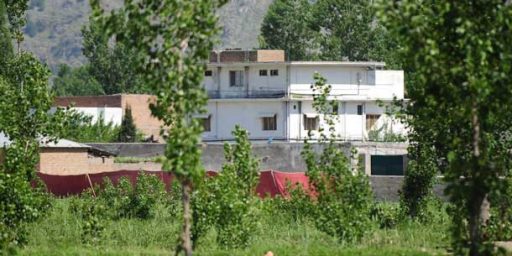
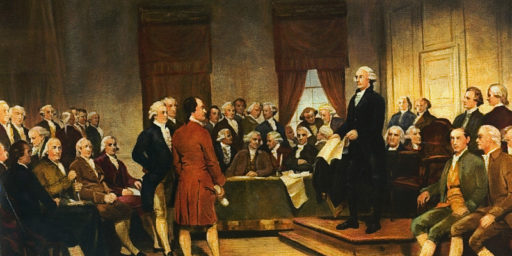
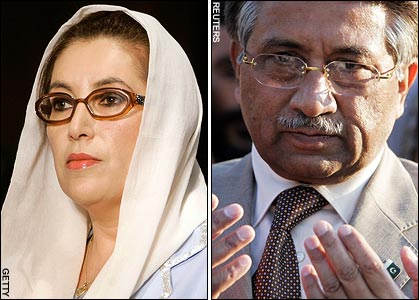
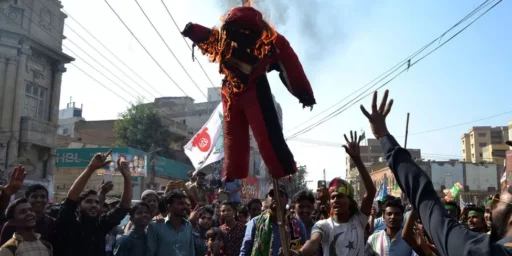
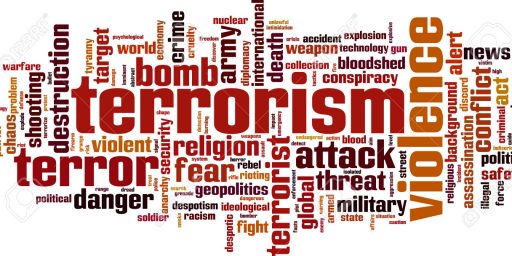
Via e-mail Mansoor Ijaz called my attention to a piece
Doctor J has apparently hit the big time. kudos.
Heh. I’ve had some discussions with him about a book deal. I think I’ve just made his generic mailing list. 🙂
—